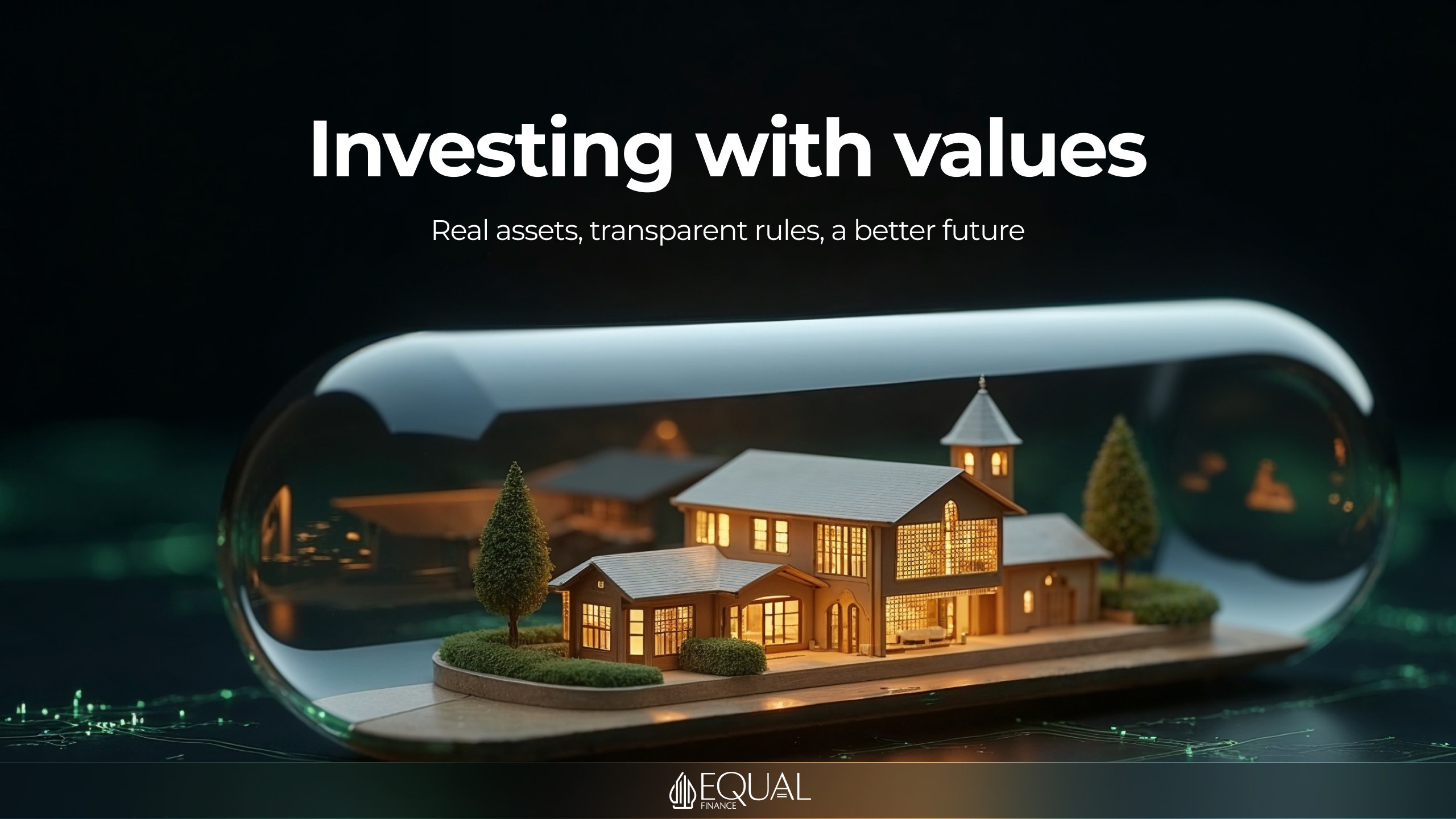Islamic finance, rooted in Sharia principles, offers an ethical alternative to conventional investing, blending profitability with social responsibility. By prohibiting riba (interest) and haram (forbidden industries), it emphasizes real assets and transparency. In 2024, the Islamic finance market reached $4.5 trillion, according to Deloitte, drawing investors seeking sustainable, value-driven solutions. Islamic securities sukuk—a Sharia-compliant bond analog without interest—and other Sharia tools are emerging as a global trend, meeting demand for principled investing. Why is this sector gaining traction, and how is it shaping the future of finance?
Principles of Ethical Islamic Finance
Islamic finance is guided by Sharia, defining its core features:
- No Riba: Interest is forbidden; income stems from real project participation.
- Ethical Investments: Haram industries—alcohol, tobacco, gambling, arms—are excluded.
- Real Economy: Financing ties to tangible assets or services, not speculation.
- Transparency: Contracts are clear, free of hidden terms.
- Social Benefit: Investments aim to strengthen communities.
These principles position Islamic finance as a beacon of ethics. Unlike conventional markets, where profit often trumps morality, Sharia demands balance. Sukuk, Islamic securities, fund projects by sharing asset profits, not interest. In 2024, Qatar issued $600 million in sukuk for clean energy infrastructure, aligning with Sharia and global sustainability standards.
Social Responsibility as a Driver
The ethical core of Islamic finance shines in its social mission. Banning haram excludes harmful sectors, while asset-backed financing supports projects with societal value. In Saudi Arabia, a Sharia-compliant bank funded $50 million in schools via mudarabah, providing education for 15,000 children. In Bahrain, $200 million in sukuk supported water purification plants, improving access for 80,000 residents.
Profit-sharing mechanisms like mudarabah and musharakah amplify social impact. In mudarabah, an investor supplies capital, an entrepreneur labor, splitting profits per agreement; losses are shared, easing business strain. Oman’s $25 million mudarabah initiative backed fishery co-operatives, creating 1,000 jobs. Musharakah fosters co-ownership: in Kuwait, a bank and developer co-financed $300 million in housing, securing homes for 5,000 families. These cases show Islamic finance merging returns with communal good.
This ethos attracts ESG-focused investors (environment, social, governance). In 2024, Moody’s reported 20% of new sukuk tied to green projects, resonating with millennials and Gen Z, who prioritize values over pure profit.
Global Appeal
The rise of Islamic finance stems from key drivers:
- Ethical Demand: Investors seek alignment with their principles.
- Resilience: Asset-backed structures reduce speculative crash risks.
- Technology: Fintech platforms make Sharia products accessible via apps.
- Market Growth: Gulf states and Southeast Asia bolster financial infrastructure.
- Cross-Cultural Draw: Non-Muslim investors value transparency, stability.
These fuel global interest. In 2024, the sukuk market grew 14% to $940 billion, per Standard & Poor’s. The UAE funded a $400 million EV charging network via sukuk, attracting European funds. Malaysia allocated $700 million in sukuk to ecosystem restoration, preserving 2,000 hectares of forest. These projects highlight Islamic finance’s universal appeal, transcending religious boundaries.
Non-Muslim markets show curiosity. In the UK, Yielders drew 50,000 investors to Sharia-compliant real estate with a £100 entry point. In Japan, Sumitomo Bank piloted $150 million in sukuk for infrastructure. Ethics and clarity make Islamic finance a global contender.
Technology and Accessibility
Technology amplifies Islamic finance’s reach. Fintech platforms lower entry barriers, broadening access. In 2024, Indonesia’s Halal Invest app onboarded 200,000 users, enabling sukuk investments from $50. Blockchain enhances trust: a Bahraini bank adopted smart contracts for murabahah, cutting costs 25%.
Artificial intelligence streamlines project selection. A Qatari bank uses AI to vet Sharia-compliant startups, boosting deal approvals 30%. In Saudi Arabia, an AI platform funded 500 small businesses with $100 million via mudarabah. These tools appeal to digital-savvy youth valuing ease and ethics.
Sharia-compliant crowdfunding gains momentum. Egypt’s ShariaFund raised $10 million for agriculture, lifting incomes for 3,000 farmers. Turkey’s sukuk-based crowdfunding backed biotech startups with $20 million. These compete with mainstream platforms while upholding values.
Benefits and Challenges
Ethical Islamic finance offers distinct strengths:
- Value Filter: Excluding haram ensures responsible investing.
- Social Impact: Education, health projects transform lives.
- Stability: Real assets shield against financial bubbles.
- Global Reach: Sharia products draw diverse investors.
Yet challenges persist:
- Regulatory Gaps: Non-Muslim countries need legal adaptations for Sharia products.
- Standard Variations: Differing Sharia interpretations hinder global unity.
- Awareness Gaps: Many investors misunderstand sukuk, mudarabah.
- Competition: Conventional ESG funds offer similar values, greater flexibility.
Sector Outlook
Islamic finance’s future lies in meeting global trends. In 2025, the UAE plans $1 billion in sukuk for green tech, including hydrogen projects. Qatar aims to fund $200 million in education programs via mudarabah, reaching 50,000 students. These reflect innovation rooted in ethics.
Education is pivotal. Universities in Malaysia, Kuwait expand Sharia finance curricula, training students in sukuk, musharakah management. UAE schools introduce mudarabah through practical tasks, shaping future investors. This bolsters the sector’s influence.
Social missions drive growth. Yemen’s Sharia bank funded $15 million in clinics, serving 40,000. Jordan’s mudarabah backed women’s co-operatives with $10 million, creating 500 jobs. These underscore Islamic finance’s hallmark—profit through purpose.
ESG alignment grows. In 2024, 30% of Saudi sukuk tied to environmental goals, drawing $2 billion from Western funds. This shows Sharia principles resonating globally.
Ethical Islamic finance is more than a trend—it’s a transformative model. Through sukuk, mudarabah, and transparency, it offers a path where capital serves society and the planet, appealing to those who trust in values.


